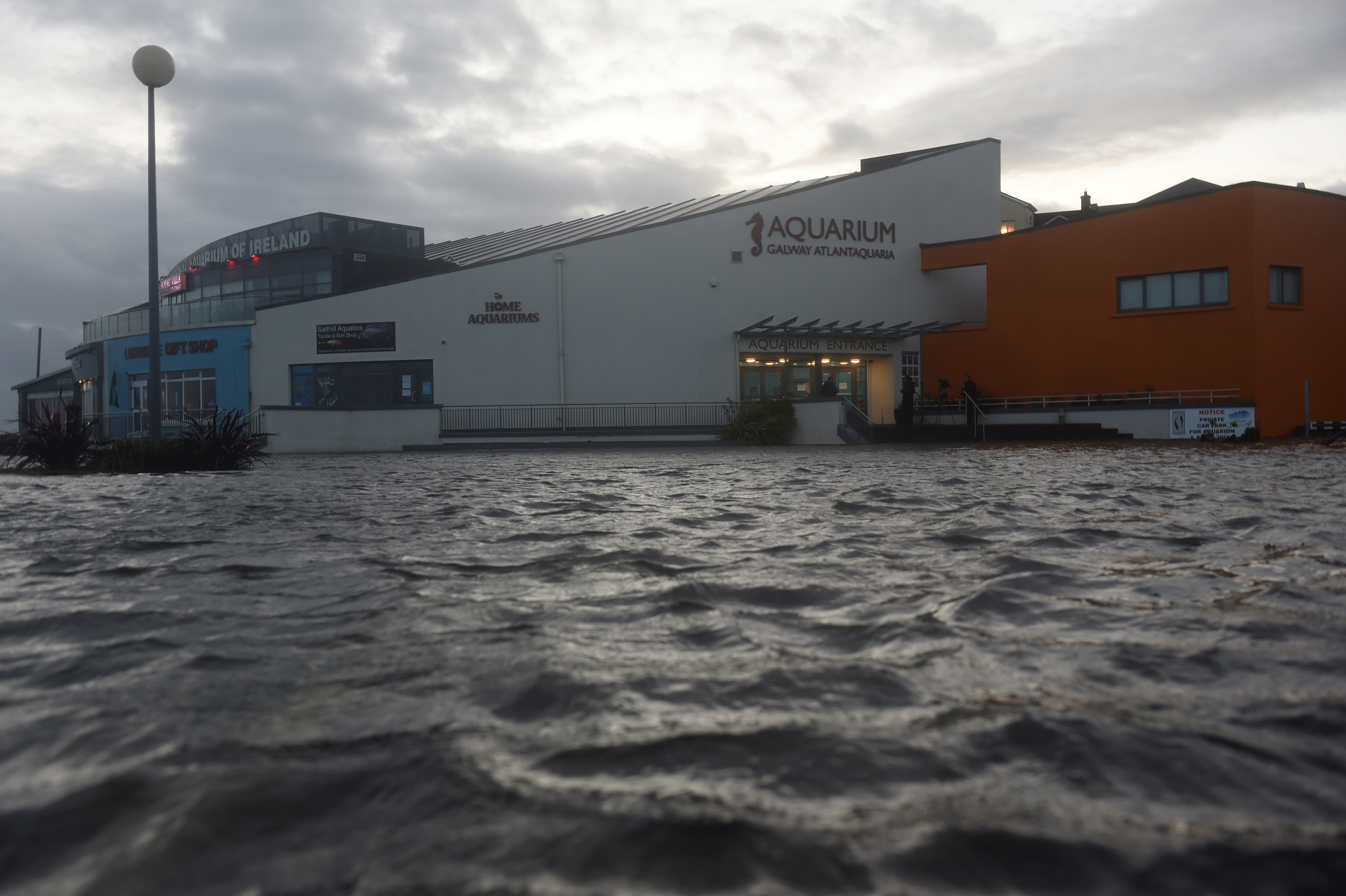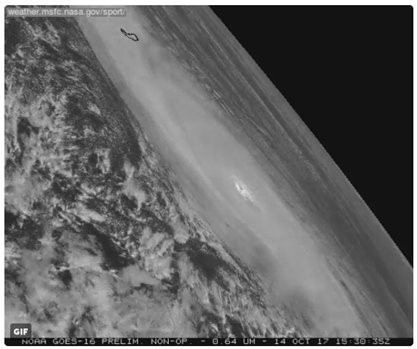
By Estelle Shirbon
LONDON (Reuters) – An attempt to change the law in Northern Ireland to allow abortions in cases of rape, incest or serious malformation of the fetus started in the UK Supreme Court on Tuesday with harrowing accounts of women’s experiences.
A socially conservative province where the Catholic and Protestant faiths exert strong influence, Northern Ireland allows abortion only when a mother’s life is in danger. The penalty for undergoing or performing an unlawful abortion is life imprisonment.
As a result, women facing tragic circumstances such as a pregnancy resulting from rape or a diagnosis of fatal fetal abnormality, meaning that a baby will not survive outside the womb, have been forced to carry their pregnancies to term.
“The impact of the criminal law in Northern Ireland does amount to inhuman and degrading treatment by the state,” said Nathalie Lieven, lead counsel for the Northern Ireland Human Rights Commission which is spearheading the legal action.
The commission, an independent body, launched legal action against Northern Ireland’s government in 2014, arguing that the law violates the human rights of women and girls. The case has been working its way through the courts ever since.
A panel of seven Supreme Court judges in London will hear arguments for and against the proposed changes during a three-day hearing. They will give their judgment at a later date.
Lieven began by giving the judges an overview of detailed evidence provided by several women and girls.
One of them, Ashleigh Topley, was told when she was four-and-a-half months pregnant in 2013 that her baby’s limbs were not growing and she was going to die.
Topley was told there was nothing to be done and she had to carry on with the pregnancy until her baby died inside the womb, or until she went into labor which would cause the baby to die.
Topley had to endure 15 weeks of anguish as the pregnancy progressed. She has described how people would ask her if it was her first child, if she wanted a boy or a girl, and other well-meaning questions which exacerbated her suffering.
In the end, Topley went into labor at 35 weeks and the baby girl’s heart stopped.
Other cases described to the judges included that of a girl under 13 years old who was pregnant as a result of sexual abuse by a relative. After police and social services got involved, the distraught girl had to be taken outside of Northern Ireland for the first time in her life to have an abortion.
Northern Ireland’s elected assembly voted against changing abortion laws in February 2016.
The law is far less restrictive in the rest of the United Kingdom, and hundreds of Northern Irish women travel to England every year to have unwanted pregnancies terminated.
As well as the parties in the case, the court will hear from organizations that support changing the law, such as Humanists UK, Amnesty International and a United Nations working group on discrimination against women.
It will also hear from groups who oppose any reform, such as Catholic bishops from the province and the Society for the Protection of Unborn Children, which describes the legal action as a “crusade against disabled babies”.
(This version of the story includes updates with details from the hearing)
(Reporting by Estelle Shirbon; Editing by Hugh Lawson)










